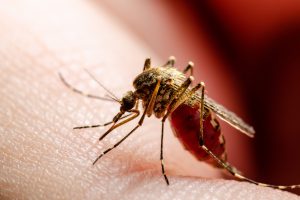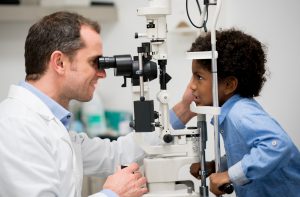 Hand hygiene is essential for overall health. Parents and caretakers play an important role in teaching children how to wash their hands. Good hand washing is the first line of defense against the spread of many illnesses as it is the best way to keep children from getting sick.
Hand hygiene is essential for overall health. Parents and caretakers play an important role in teaching children how to wash their hands. Good hand washing is the first line of defense against the spread of many illnesses as it is the best way to keep children from getting sick.
Here are some tips you can use to turn handwashing into a healthy habit for life:
- Explain the benefits of handwashing
- Demonstrate the correct steps of handwashing
- Step 1: Wet hands with running water
- Step 2: Apply enough soap to cover wet hands
- Step 3: Scrub all surfaces of the hands, including the back of the hands, between the fingers, and under the nails
- Step 4: Rinse hands thoroughly with running water
- Step 5: Dry hands with a clean cloth or a single-use towel
- Hands should be washed with soap for at least 20-30 seconds. An easy way to determine the time is by singing the entire “Happy Birthday” song twice.
- Set the times when they should be washing their hands
- When they are visibly dirty
- Before and after eating
- After using the toilet
- After touching animals and pets
- After blowing their nose or when they cough or sneeze
- Before and after visiting friends and relatives
- Turn it into a fun family activity
There might be moments when children can’t get to a bathroom to wash their hands with soap and water. Teach them how to use hand sanitizer, especially one that contains at least 60% alcohol.
Handwashing can become a lifelong habit if you start teaching it to children at an early age. The time you spend at the sink could save you trips to the doctor’s office.
All content of this newsletter is intended for general information purposes only and is not intended or implied to be a substitute for professional medical advice, diagnosis or treatment. Please consult a medical professional before adopting any of the suggestions on this page. You must never disregard professional medical advice or delay seeking medical treatment based upon any content of this newsletter. PROMPTLY CONSULT YOUR PHYSICIAN OR CALL 911 IF YOU BELIEVE YOU HAVE A MEDICAL EMERGENCY.










